Opinion: Humble, invisible judges are best
Editor’s note: pipes|drums welcomes all fair perspectives and opinions. Sharing information and constructive dialogue is at the heart of the publication. Like all who live in a fair democracy, free speech and the free exchange of ideas are central to progress. Our competitive art can move forward only by asking questions, listening to answers, respecting opinions, and forming ideas.
Please let us know if you have an opinion that you would like to express fairly in an editorial. We are always pleased to hear from our readers.
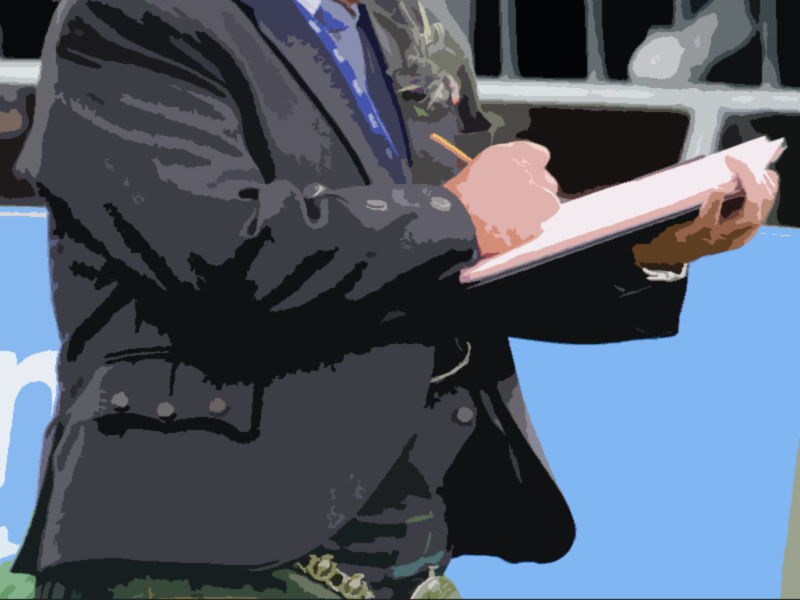
In sports, the mark of a well-officiated game or match is when the umpires, referees or judges are invisible. You can see them if you look, but you don’t notice them during or, even more importantly, after the game.
The competition goes on, and all of the focus is what the audience and fans want to see: the competitive action, with no controversy, no questionable calls, no official becoming the focus of attention through a controversial or incorrect decision. They don’t become the story.
That holds true for piping, drumming, and pipe band competitions.
The contest that spotlights only the performances, not the judging, before, during or after the event occurs is invariably the most appealing to the contestants and the audience. All they remember is the good playing and the fair result.
Of course, sports leagues have comparatively strict safeguards to lower the risk of controversy. They establish stringent criteria and training for league officials, monitor decisions closely, and consider and avoid potential biases—real or perceived.
For whatever reason, piping, drumming and pipe band associations don’t generally monitor judges’ performances and, if they do, rarely do much about matters of concern. There are scant few conflict of interest rules. Add to the challenge the subjective nature of our judged music; the situation is an inevitable magnet for controversy.
Here are signs of potentially problematic judges who are adjudicating for the wrong reasons:
First, watch for controversy and identify patterns. Is there an adjudicator who always seems to be judging when there’s an unusually controversial result? Are there consistently “rogue” results that go against other judges, or are they the subject of after-contest chatter? We’re not thinking of courageous, unbiased and knowledgeable judges going out on a limb to make an occasional unusual call; we’re talking about judges who routinely hear things no one else detects.
Judges who boast about their judging gigs. Some adjudicators seem to believe the story is about them, not the competition itself. They try to portray judging as glamourous. The music and those making it should always be the story, not the judges. No one is there to watch the judges. No. One. Cares.
An adjudicator complains about the events they’re assigned. Do they believe they always “deserve” to judge the top grades, inferring or even alleging that they are superior to their colleagues? Accept your assignment and get on with it. Every judge takes a turn assessing every grade level.
A judge appears every year at the same events. “Oh, so-and-so always judges there,” is almost a traditional comment for some contests. Granted, not all events can afford to bring in far-travelled adjudicators. But the same far-travelled judge repeatedly appearing at the same contest suggests something else is at play. There are judges who, before they leave a contest, will corner the organizer, pull out their calendar to say they’re free next year and to put themselves in while they’re still available. Lobbying for judging gigs is tawdry. Hiring the same judges every year is lazy and a disservice to competitors.
They say they’re “giving back.” We get it. They competed for a long time, feeling they received so much for their participation (never mind the entry fees and association dues). Now that they’re a judge, they seem to think they’re a gift to competitors. What exactly are they “giving back”? A well-informed and fair result? That’s the bare minimum. Their irreplaceable wisdom? Please.
Judges who were cutthroat competitors. You know the ones. They would finagle their way into playing last. They’d whinge about the results. They’d browbeat and try to intimidate the judges. They disrespected their fellow competitors to try to acquire their wee prize. Invariably, these sad characters become the worst judges. It’s in their nature to manipulate results. They believe that’s how things are done, whether as a competitor or judge.
They put on a show. Some judges seem to do their utmost to get attention while adjudicating. They’ll race around circles, make faces, nod, or shake their heads when they hear something they like or dislike, and make a big performance in an attempt to distract from the real performance. They live to be in the spotlight.
Of course, adjudicators were or are highly accomplished competitors who met stringent criteria before they were even allowed to gain accreditation. (Well, most of them.) That generally comes with some acceptable amount of pride.
The best and fairest judges are just as happy not judging at all. They probably prefer to attend a competition and enjoy the music, remembering fondly their own days of competing among peers, enjoying the success of their friends as much as or even more than their own.
But the best and fairest judges are just as happy not judging at all. They probably prefer to attend a competition and enjoy the music, remembering fondly their own days of competing among peers, enjoying the success of their friends as much as or even more than their own.
Dignity, honesty, knowledge, experience, humility, respect, gratitude. These are the hallmarks of the best judges. They can take it or leave it. Their ego is okay if they aren’t invited to judge or aren’t assigned the biggest event. If they are asked to judge without lobbying for jobs, accept their assignment with gratitude, and call the contest without fuss or bias with no aftershocks, chances are they’re in it for the right reason: the competitors.
What’s your opinion? As always, we encourage readers to contribute their thoughts through our Comments feature below, where they can express opinions anonymously or with their names.
pipes|drums is independent of any third-party association, organization or business. Unless noted, articles do not speak for any organization or person. The only things we sell are advertising and subscriptions, and all proceeds from those sources are invested in the publication and nonprofit or charitable causes that are also for the good of piping and drumming. We believe in the fundamental tenet of free and fair speech. Without exception, every article, video or other piece aims to contribute positively to piping and drumming by providing information and fostering constructive dialogue. We welcome disagreement, and without exception, we invite our readers to offer their fair comments. The thoughts in the article are those of the author and no one else. They do not necessarily represent the opinion of any organization.


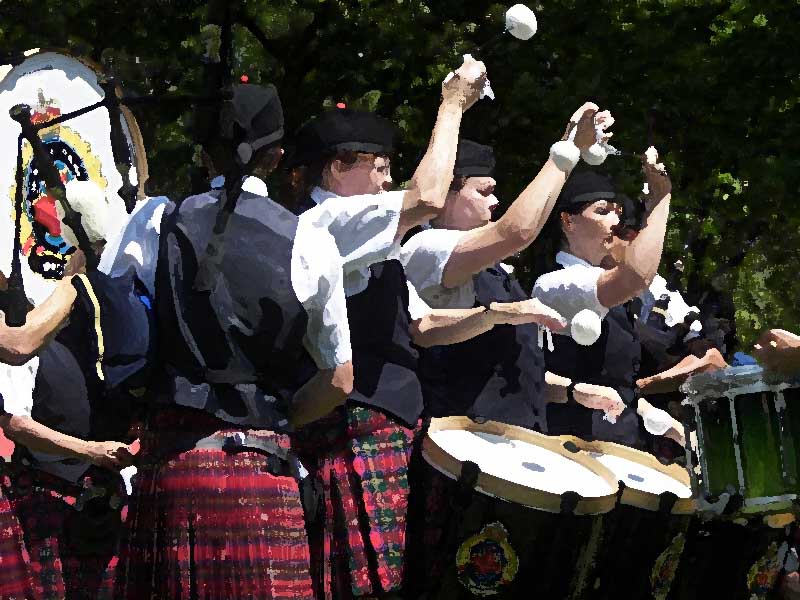
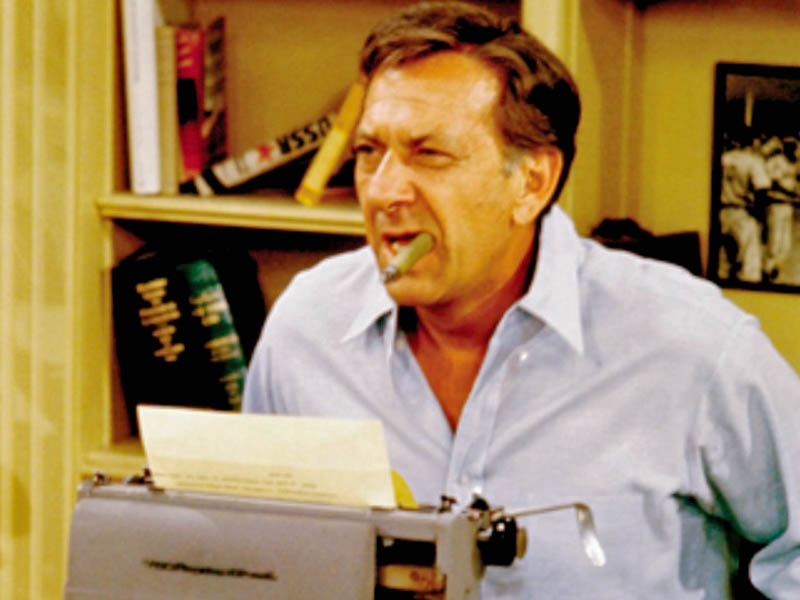
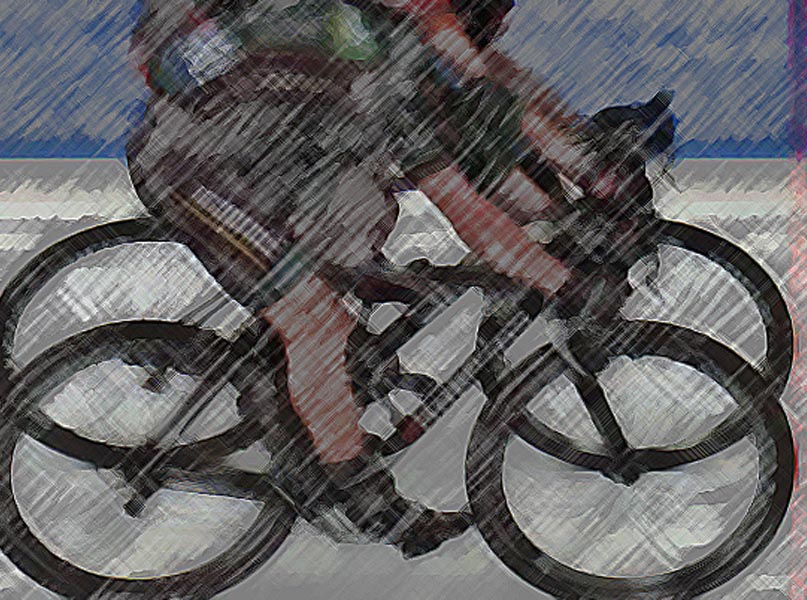


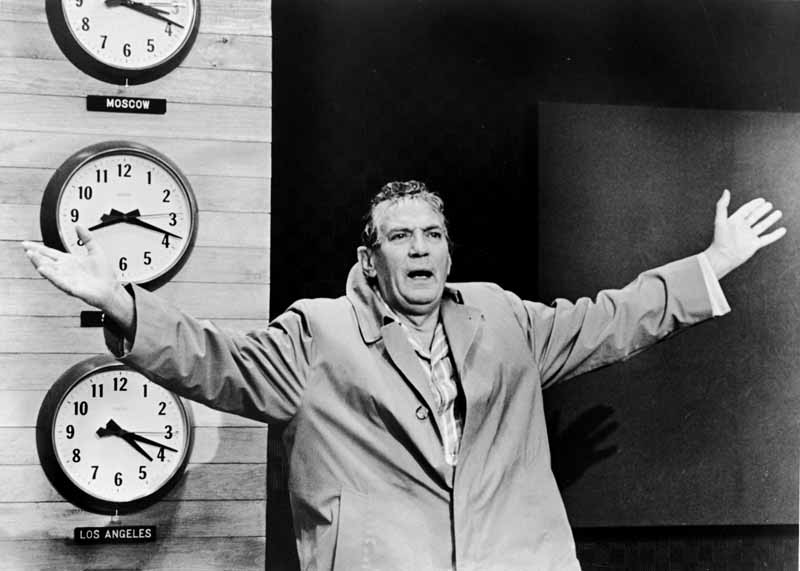
Well I can’t name anyone as you wouldn’t print it which is fair enough. I remember talking to a drumming judge who had judged the leading drummer of my band, when he had previously played in another band. After a particular contest, the guy got the marking sheet and tore it up into pieces in front of the judge. And the judge said to me “well its human nature, I’m never going to give that guy a result no matter how well his corps play”. I challenged the judge on this, told him he was completely unprofessional and that he should rise above the taunt from the drummer, but he wouldn’t accept that. He’s still out there judging, my old leading drummer is still out there playing, getting shafted every time the two come together.
I am going to merge 2 ideas here. The article you printed on AI in music was very interesting. You alluded to the possibility of AI replacing judges. I don’t think that will happen for reasons that the “ human factor” is still important. But, have 3-4 AI judges (different AI platforms to be fair) running in the background. If they are in agreement with most of the judges and a significant outlier is identified, that could be a game changer. It’s a lot cheaper to “pay” 3 AI platforms than 3 judges, plus AI learns from its mistakes.
Maybe try AI for ensemble first which is notoriously the most difficult and subjective and see how it goes? The MWPBA is at the forefront of innovation, maybe an opening there ??